From some past years, winter weeks lend themselves to frizzy, it sometime cold, and consequently warm some times. Stay at home in these chilly weather of winter and take care of your garden is guaranteed to brighten the mood. But after few hours of the day, temperature, and dry air create an unhealthy environment for plants. In research on home plants, we reached out to pros for their better care and increase their durability for indoor houseplants for their survival. In this blog I have listed low maintenance home plants need the least amount of water.
#1 Lucky Bamboo – (Dracaena Sandersl)
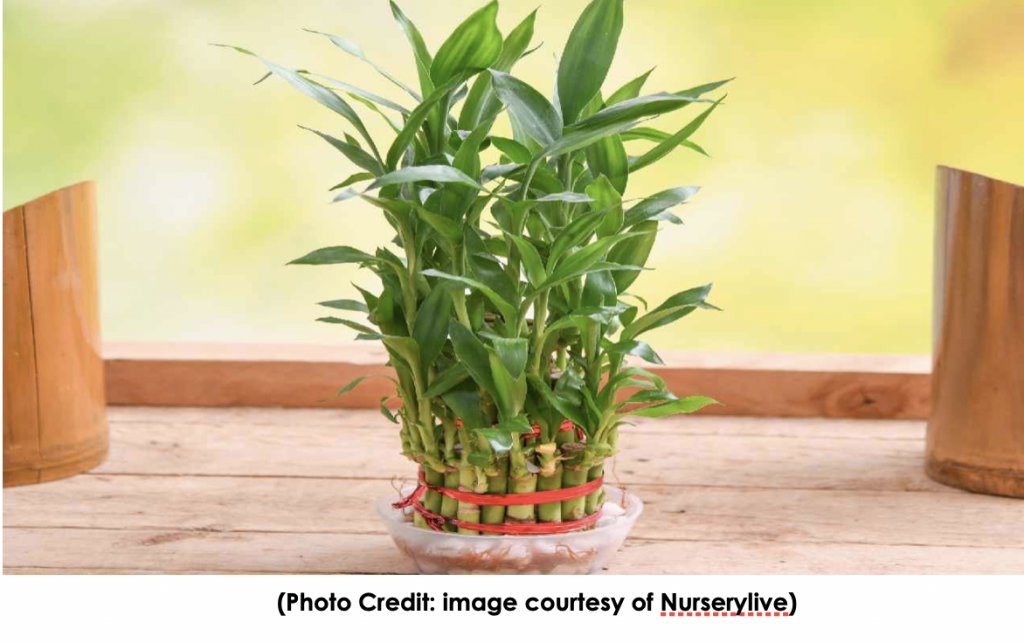
Dracaena has been the centerpiece of container plantings. Street plantings in towns across America feature inch spiky dracaena stuck in the center of reddish geraniums that are blooming, in a half whiskey barrel. Two amazing choices are Dragon Tree (Dracaena marginal), which resembles a small palm tree and will reach heights of 10 feet’s, also Lucky Bamboo – Dracaena sanders, that isn’t bamboo at all. Both have stems that can be prepared by lean or spiral. The stems are protected with clusters of thin arching leaves with beautiful purple borders. They thrive best should be permitted to dry between watering in bright light. Dracaena sanders are usually grown in the water; however, once roots have developed, it is more peaceful planted in soil. Dracaena will spring right back after wetting. Dracaena will withstand low daylight.
#2 Ficus Danielle:
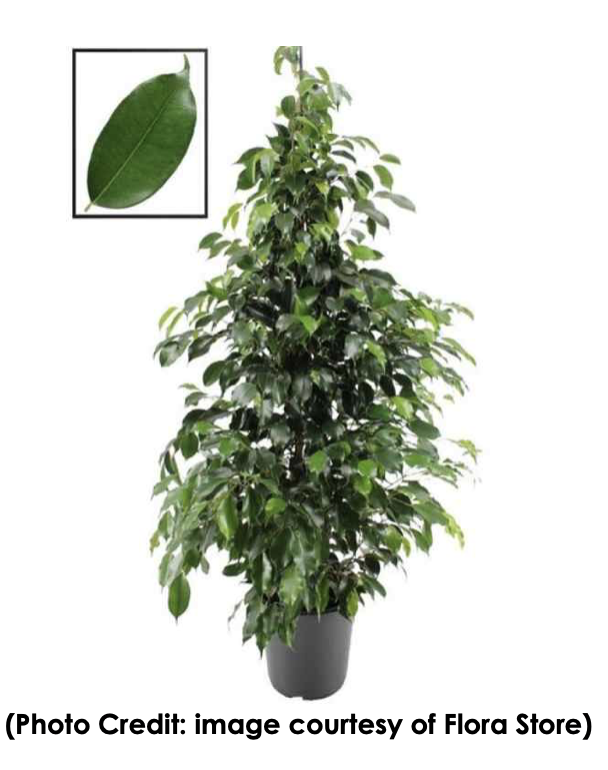
The origin of the Ficus Danielle is Africa, South America. With its compact, darkened, oval-shaped leaves, the Ficus Danielle plant is beautiful, and it creates the classic look to almost any room. They can easily Exhilarate nearly any situation that averts direct blazing sun, the glossy leaves and round shape make the Ficus Danielle a beautiful plant, and this is an indoor wall hanging plant which is sensitive to changes within the room environment. They react to these changes by dropping leaves. If your Ficus has just moved into a new place, expect the leaves to drop. As soon as the plant adjusts to its original location, the leaves will grow back. It might be the consequence of an alteration in light conditions because the seasons shift. Or, it may be responding to an increase or reduction in its watering regularity.
#3 Air Plant (Tillansia):
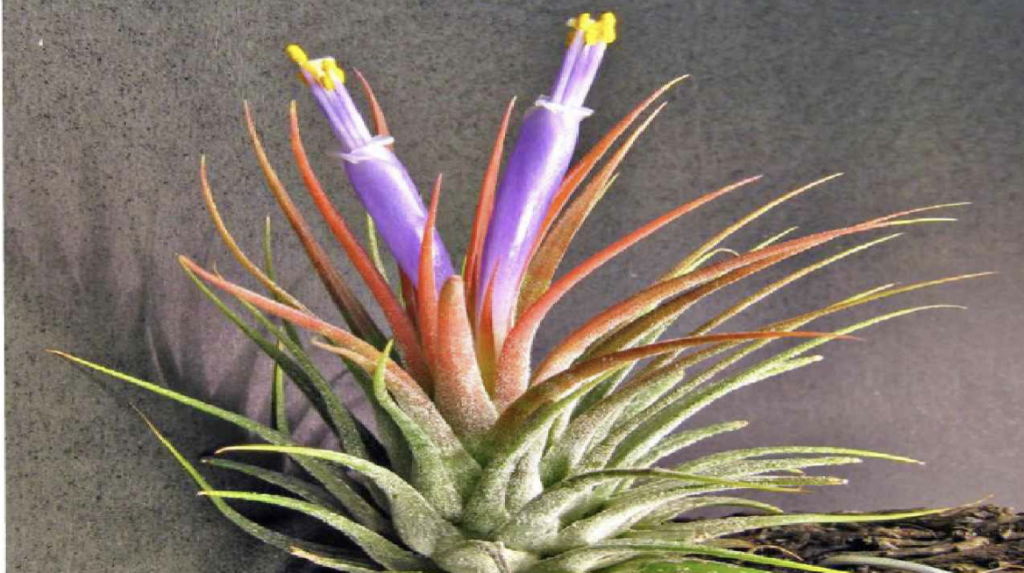
(Photo Credit: image courtesy of Thespruce)
Air plants, also called a Tillansia plant, support themselves to keep survive with the moisture in the air and even no need much more soil for their growth. Over 500+ species are there to choose from minimal root systems. There is a fantastic range of air plants, which visually provides a pleasant opportunity for trendy environment-friendly plant holders.
#4 Spider plants:
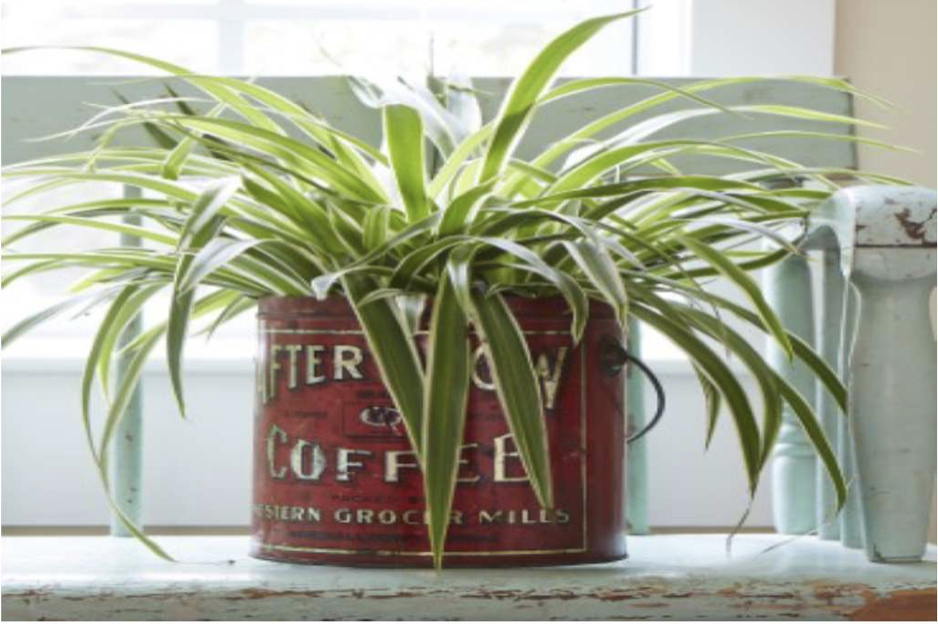
(Photo Credit: image courtesy of Costa Farm)
These plants are indoor decorative plants that are fantastic in their looks and used to increase the decorum of a room. Spider plants are hanging plants and come in multiple varieties and production. Spider plants perform well with consistently moist soil and lustrous or moderate lighting requirements. The room Temperature required must be 60-75 degrees for their growth.
#5 Monstera Deliciosa: “Swiss Cheese Plant”
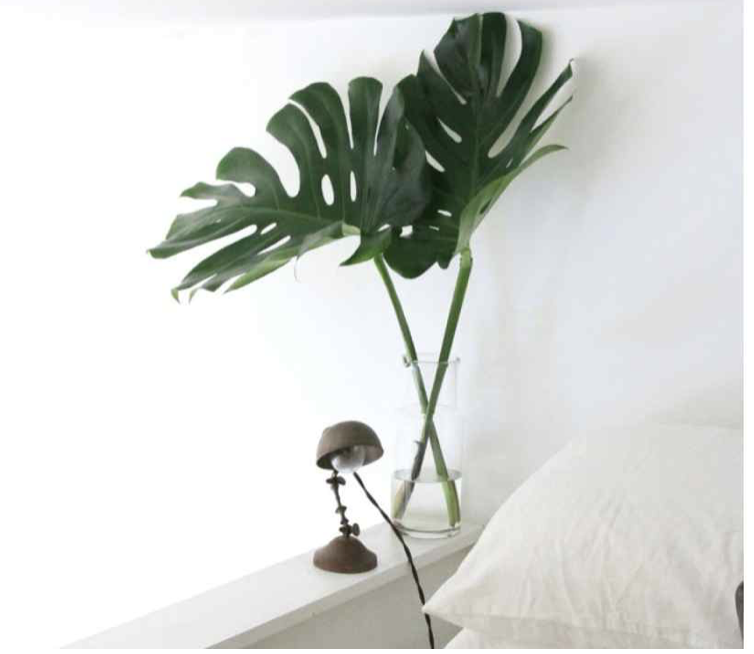
(Photo Credit: image courtesy of Gardenista)
Monstera deliciosa, its other name is Swiss cheese plant; this plant is species of flowering plant belonging to tropical jungles of southern Mexico and south to Panama. Monstera is a tropical plant coming from the “Araceae” family, which is available in many tropical areas, and It is now an invasive variety in Seychelles, Ascension Island, Society Islands, and Hawaii. The best thing in this plant is the leaves that are often knocked through by holes, and it can grow to be immense: dozens of feet high with leaves that expanded to approximately 2 feet wide. The question is, why is this plant coming under the low maintenance plant? The water Monstera, about four times in a month. You can wait up to the soil is relatively barren before spraying again. Put this plant in a moderately humid environment.
#6: Aloe Vera Plant
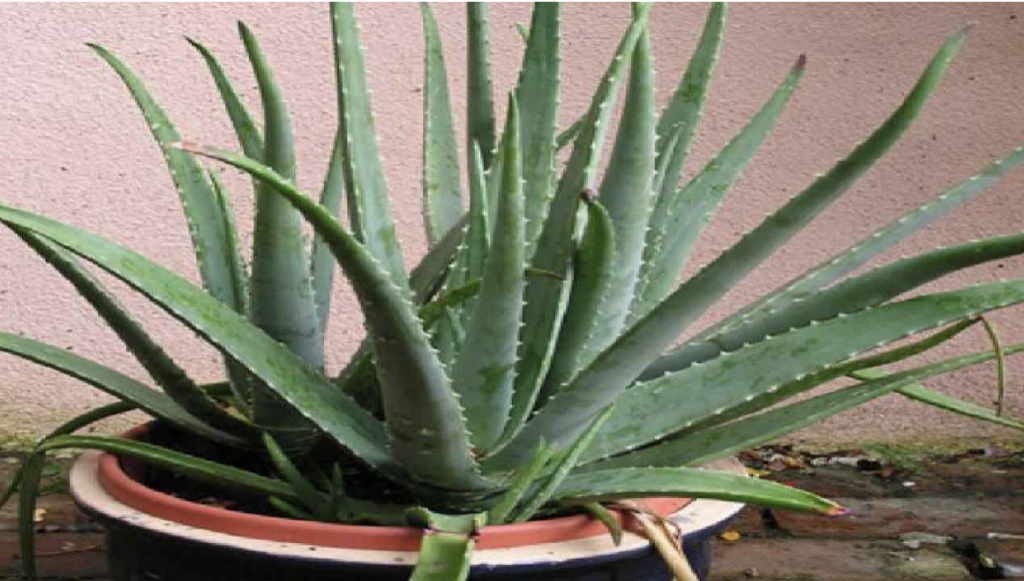
(Photo Credit: image courtesy of felder rushing)
Aloe Vera is an excellent plant that is known for its plump foliage gel; the gel has many medicinal qualities as it helps to recover the cuts and burns on the skin. This plant allows the soil to dry and does not need much water; it can easily survive in the humidity of the home. It requires less water 2-3 times a week. The aloe vera plant is an attractive succulent that can use for many benefits and also used as a beautiful indoor companion. The juice of the aloe vera plant may use to relieve pain when applied topically.
Aloe vera is a lush plant species, Aloe. The plant is stemless, with greenish petals — the leaves have a thin outline of little teeth. Before you buy an aloe vera plant, remember you should have an area that produces bright, indirect sunlight (or artificial sunshine). The plant cannot exist in the continuing sunlight, it will turn its leaves yellowish, and this tends to dry out the plant.
#7: Chinese Evergreen
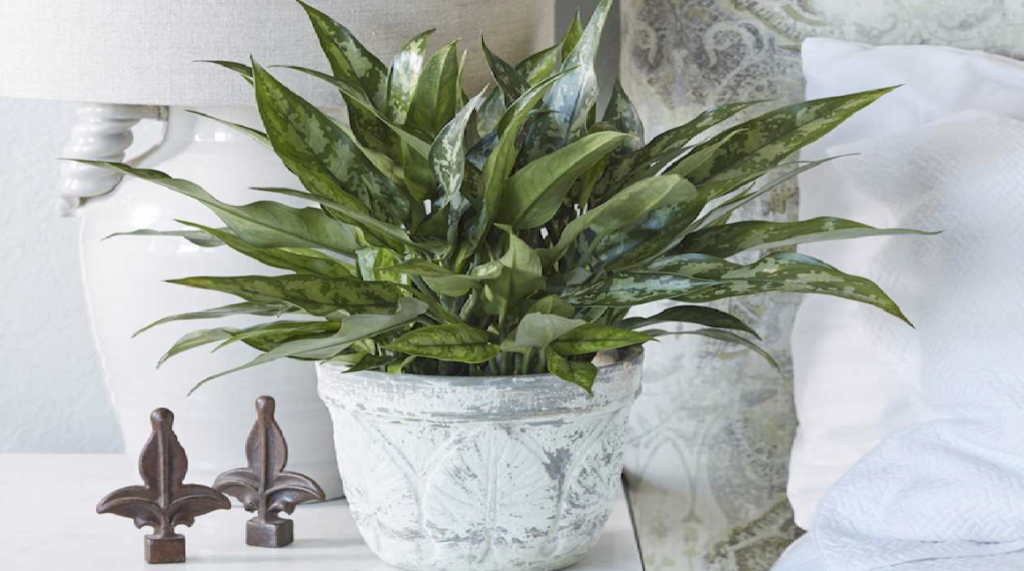
(Photo Credit: image courtesy of costa farm)
The Chinese Evergreen could be the common name used for a group of plants from the Aglaonemas genus – these plants withstood for tending to low light conditions well. Aglaonemas produce flowers that are not so showy; nevertheless, there indeed are grown primarily for the alluring leathery leaves. Aglaonemas, the scientific name given to an Evergreen Plant, is a hybrid type of plant and originally evolved from the subtropics of Asia (southeast). As they become more substantial, they may use as table decorate plants. All the varieties of these plants possess long shiny, leathery leaves. NASA found this plant in their research; Evergreen has a good quality of cleaning viruses and bacteria from the atmosphere.
About the Author:
Larson Simmons is the writer to write the blogs and articles in the home improvement, plant decoration and plant maintenance, house and many construction industries. He writes the blogs and article for the leader in quality quonset hut kit, quonset building and he love to shares his quality content.
